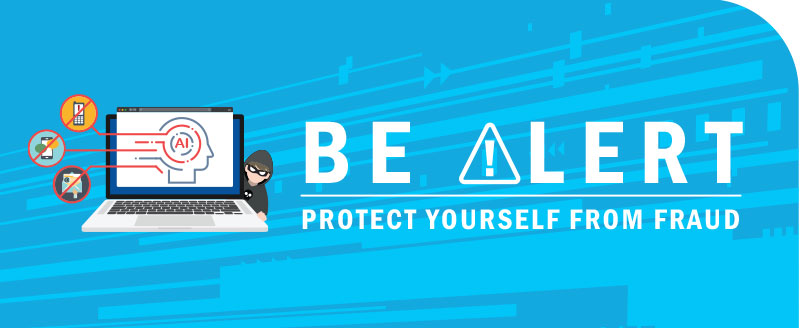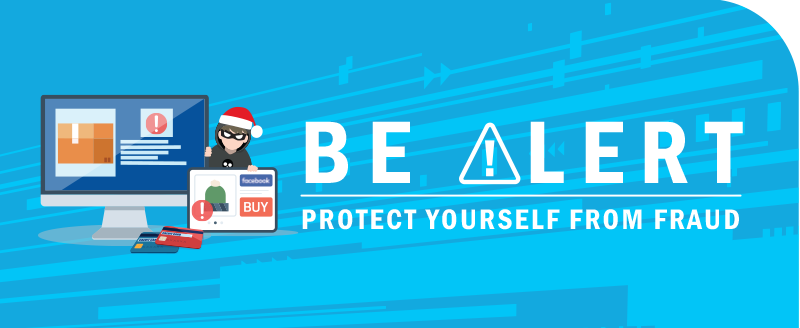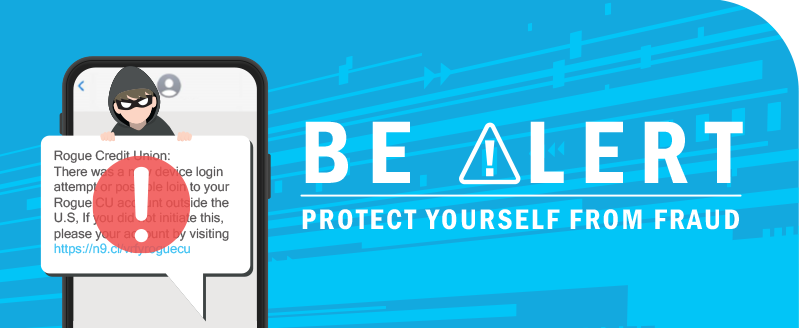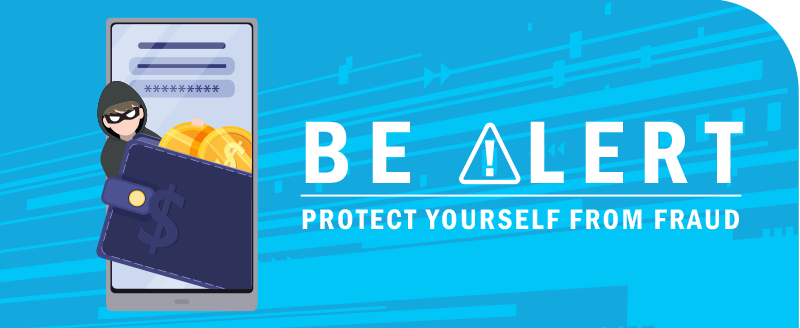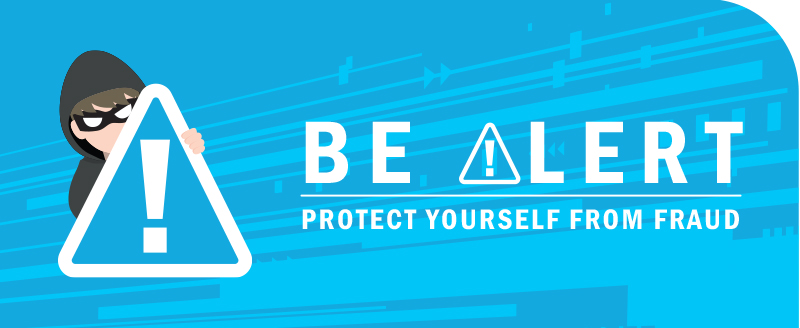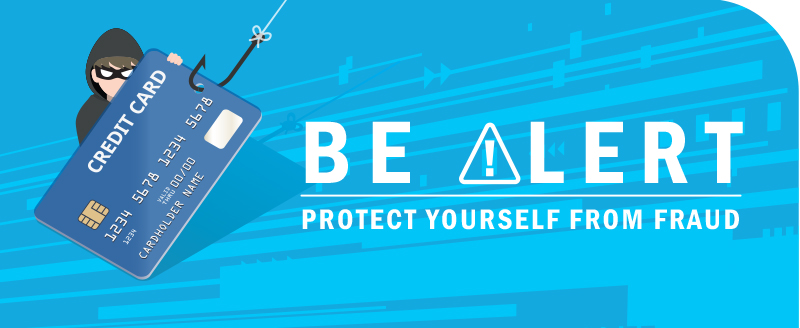How to Identify Scams
When you watch out for scams, you protect yourself from fraud. Look out for common tactics, questionable payment methods and red flags in communication, and you’ll be prepared to stop scams before they happen.If It Sounds Too Good to Be True, It Probably Is!
Most scams are a type of imposter scam, when a scammer pretends to be a person or organization they’re not. The scammer might impersonate a loved one, employer, police officer, the government or someone else. Some imposter scams are connected to societal events, like COVID-19 and price gouging scams. Anytime a new program or process is created, a scammer will try to manipulate it in their favor.
Grandparent scams are another type of imposter scam. With advancements in artificial intelligence (AI) technology, scammers have a new set of tools to make their schemes more convincing. Scammers can now impersonate someone’s voice or create highly realistic, but fake, photos and videos. The scammer’s goal is to trick you into giving money as quickly as possible.
It’s easy to feel compelled to take immediate action and help your loved one, but before you act, check in with someone who knows them. Reach out to a friend or family member and ask them if they’ve heard from the person you’re worried about. It might sound like your granddaughter needs emergency money or like someone has captured your loved one. But odds are, everything is okay and it’s a scam.
With the popularity of remote work, employment scams have become more common. You may be offered a job promising high pay for easy work or asked to purchase equipment with the promise of reimbursement. In these situations, the scammer’s goal is to trick you into receiving and returning payments of fraudulent funds that will ultimately be reversed, leaving you responsible. Research the company before you agree to any remote work.
Mail scams happen when scammers send out mail that looks real but is fake. They might even impersonate Rogue Credit Union! When you receive mail with an offer that’s too good to be true, verify it before taking action. If you’re not sure about mail from us, give us a call at 800.856.7328. For mail in general, we recommend this list of mail scams from the United States Postal Inspection Service.
In a debt settlement scam, the scammer offers to help consolidate, renegotiate or even relieve your debt. Other versions of this scam involve foreclosure relief or mortgage adjustments. You may be asked to sign over the title to your home, complete confusing paperwork or pay upfront for services. Don’t do this!
Before you act, know your options. Avoid working with companies that guarantee results or expect payment before working with you. Instead, give us a call at 800.856.7328. We’re here to help. If you’re contacted by a debt collector, remember that you can learn more before settling the debt. You can learn more about your rights through the Consumer Financial Protection Bureau.
Some scams involve FDIC or NCUA logo misuse. A fraudster will wrongfully display these logos to convince you that a fake financial institution is insured by the FDIC or NCUA when, in reality, it’s not. If you’re concerned about logo misuse, use the FDIC’s BankFind tool and/or the NCUA’s Credit Union Locator to check if the organization is legitimate.
A Fraudster’s Favorite Payment Method
Wire transfers, person-to-person payment apps and gift cards are often used to collect scammed funds. Remember to slow down and think before you act. A scammer’s goal is to make you feel rushed, so check in with yourself before you send or accept money from anyone.
If you’re shopping on a social media marketplace, research the company before you buy. Some scammers create fake online businesses, accepting payments for goods you’ll never receive.
Keep Your Personal Information Secure
At Rogue Credit Union, we take the safety and security of our members’ accounts very seriously. If you receive an unsolicited email, call or text from us–especially those asking you to reset or confirm sensitive information–don’t act on it. Scammers may impersonate us, asking for your personal or account information to hack into your account.
We will never ask you to disclose your card number, Online Banking login, social security number or similar information over email, text or live chat. If you’re not sure about a request for information, call us at 800.856.7328 to verify the request.
If you have any questions or suspect fraudulent activity on your accounts, we’re here to help. Give us a call at 800.856.7328, chat with us online or stop by your local branch. You can also report scams by filing a complaint with the Federal Trade Commission, contacting your local police, reporting mail fraud to the United States Postal Service and/or reporting the scam to your state attorney general.


